Japanese automaker Mitsubishi shuts down production and exits Chinese market
The Japanese have surrendered - Mitsubishi has exited the Chinese market.
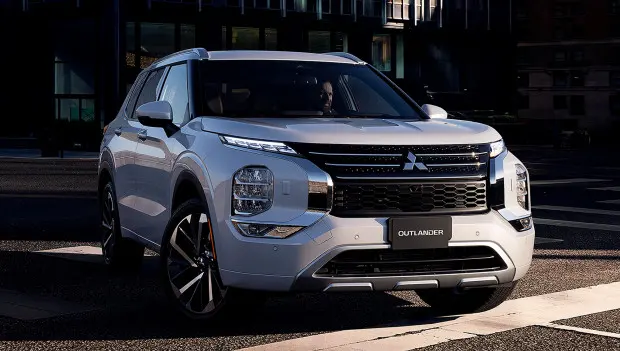
Mitsubishi is no longer a player in the Chinese automotive sector: the Japanese company has officially ceased its operations in China. What happened?
Mitsubishi Motors Corporation announced the termination of the joint venture agreement with Shenyang Aerospace Mitsubishi, marking the complete exit of the Japanese automaker from the Chinese automotive sector.
This decision followed the cessation of local (Chinese) production of Mitsubishi vehicles in 2023 and demonstrated Mitsubishi's strategic withdrawal amid China's fast transition to new energy vehicles (NEV segment), currently dominated by local automakers.
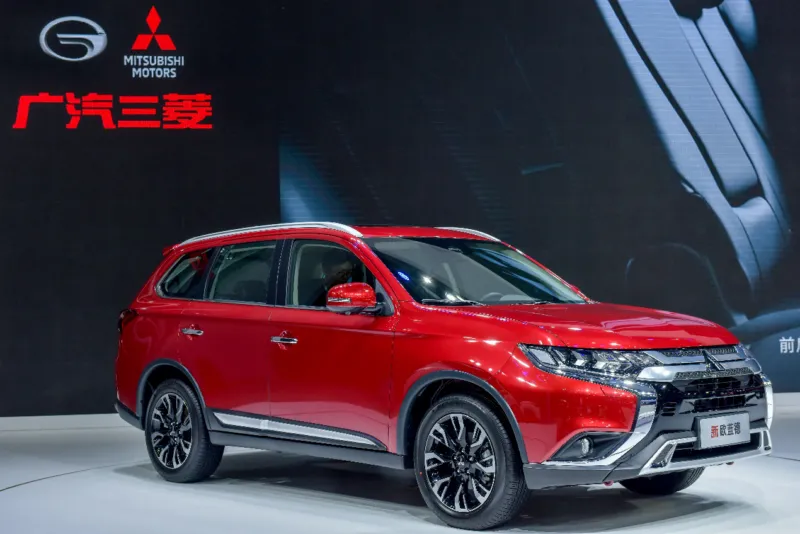
How it was
Let's explain. Established back in 1997, Shenyang Aerospace Mitsubishi was a cornerstone of Mitsubishi's strategy in China, producing engines for Mitsubishi-branded cars as well as for numerous Chinese automakers. The joint venture, which began operations in 1998, supplied crucial components of powertrains for local assembly lines of Mitsubishi and third-party manufacturers.
However, on July 2, 2025, the company was officially renamed Shenyang Guoqing Power Technology Co., Ltd., and both Mitsubishi Motors and Mitsubishi Corporation exited as shareholders. In its official statement, Mitsubishi Motors cited the “rapid transformation of China's automotive industry” as the primary reason for its exit, emphasizing a strategic reassessment of its regional priorities.
Generally speaking, Mitsubishi's journey in China started in 1973 with the export of medium-duty trucks. By the early 2000s, joint ventures producing two engines supplied powertrains for about 30% of domestically produced vehicles. However, the rapid development of the NEV sector in China, combined with declining demand for internal combustion engines, literally undermined the company's market position, according to experts.
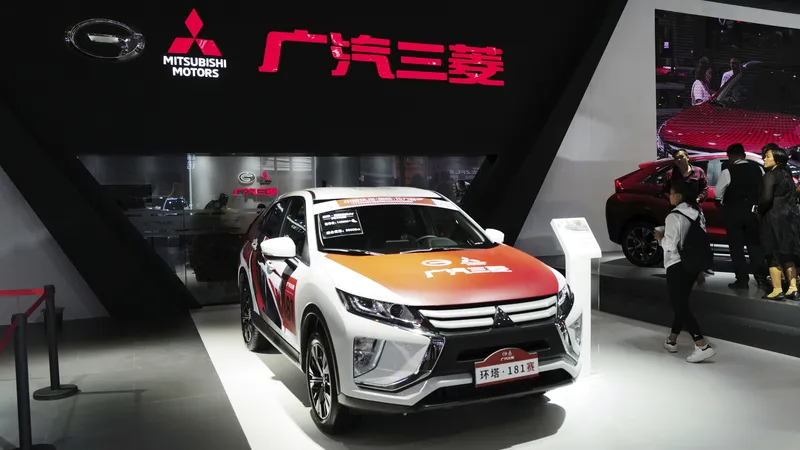
Joint venture with GAC
The creation of GAC Mitsubishi in 2012—a joint venture in a 50:30:20 format with Guangzhou Automobile Group (GAC) and Mitsubishi Corporation—was initially truly promising. Sales peaked at 144,000 units in 2018, driven by the sale of 105,600 units of the Outlander SUV. However, by 2022, annual deliveries to customers had dwindled to 33,600 units amidst growing competition from domestic electric vehicle brands.
As of March 31, 2023, GAC Mitsubishi reported total assets of 4.198 billion yuan ($582 million) and liabilities of 5.613 billion yuan ($778 million), resulting in a net value of -1.414 billion yuan (-$196 million), according to disclosed information from GAC.
In October 2023, Mitsubishi announced plans to suspend local production and restructure its operations in China. GAC subsequently became the full owner of the joint venture, planning to repurpose the plant for its Aion electric vehicle brand, aiming for mass production by June 2024.
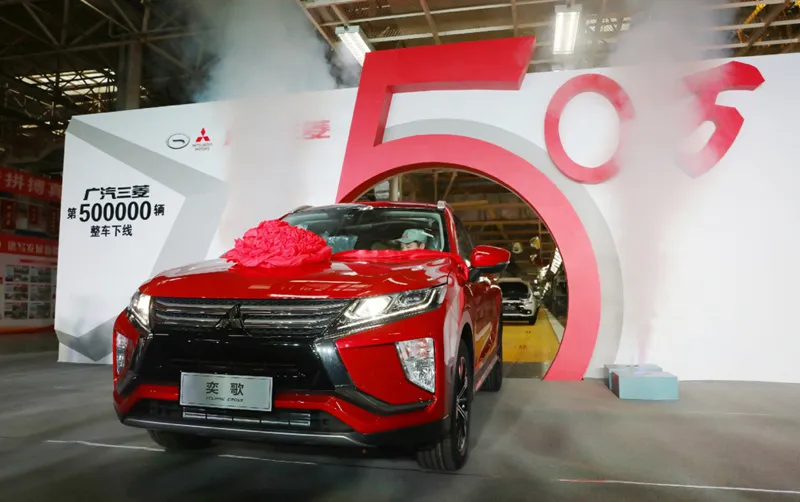
Not just Mitsubishi
Yet, Mitsubishi's exit reflects broader challenges faced by foreign automakers in the Chinese electrified vehicle market. Currently, domestic brands like BYD and localized divisions of Tesla dominate the market, while other joint ventures like GAC-FCA have completely ceased operations.
You may also be interested in the news:

You Need to Know This. Why Car Prices Are Rising in the U.S.: Buyers, Not Technology, Are to Blame
A new study identifies the main reasons new vehicles are getting more expensive
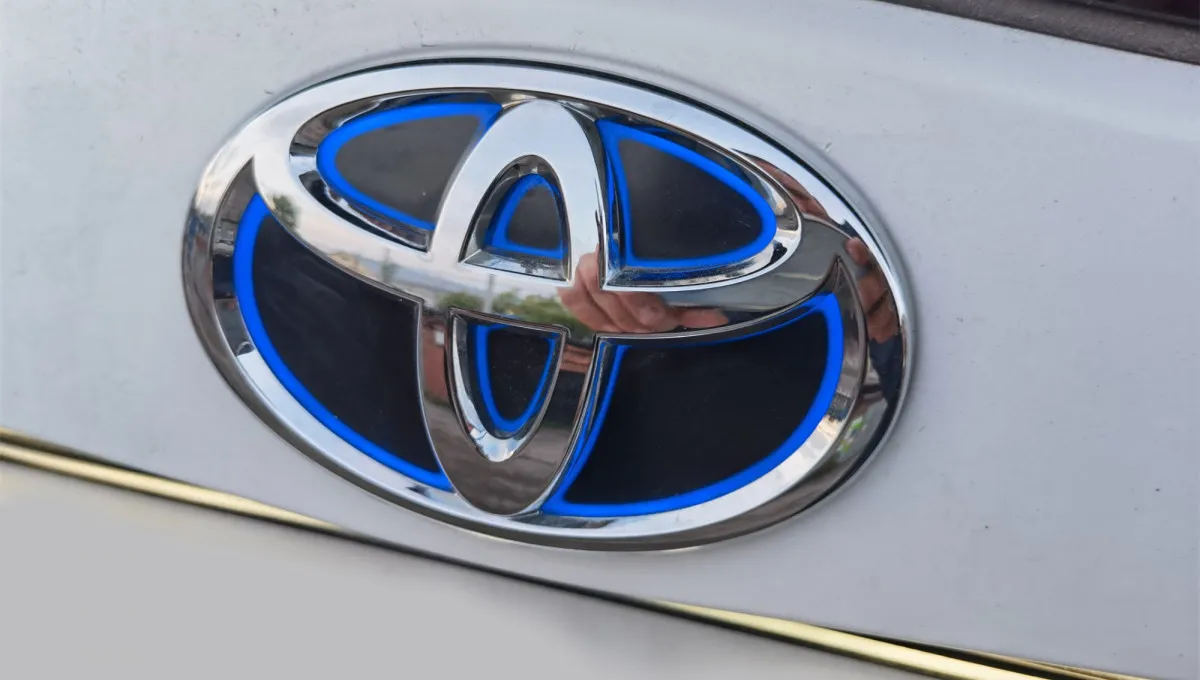
Why Toyota Is Betting on Gas Engines in the U.S. and EVs in China
Toyota has split its electrification strategy between the U.S. and China.
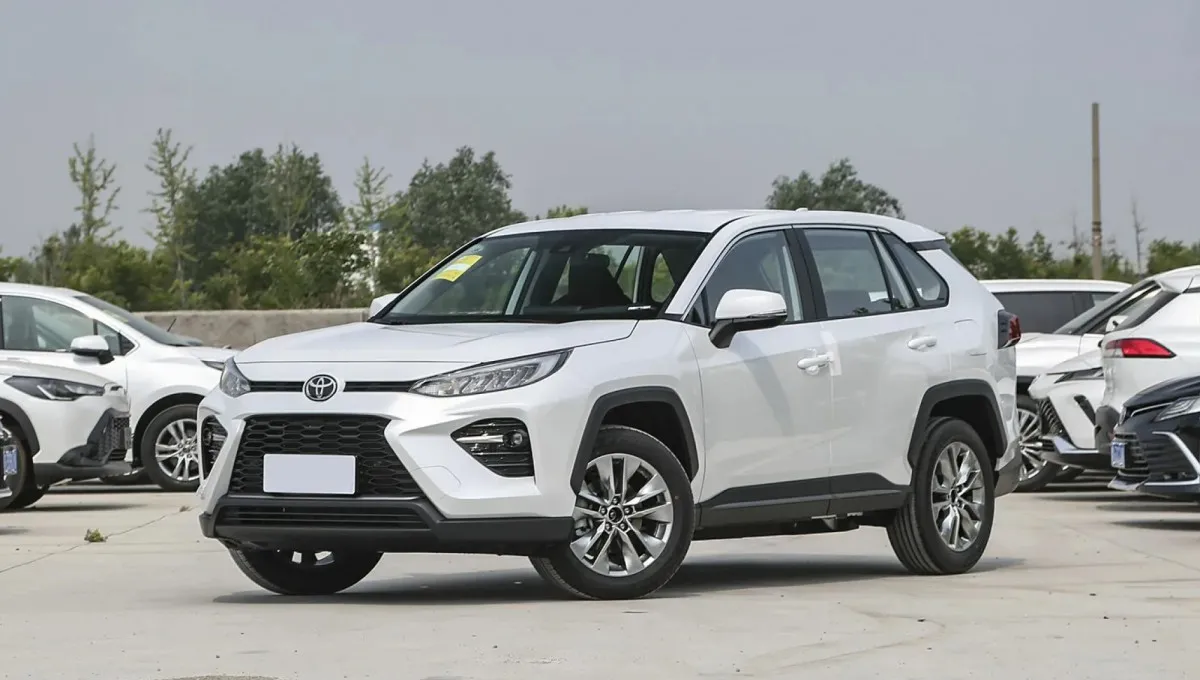
Toyota Recalls More Than 16,000 RAV4 and Highlander Crossovers Over “Black Screen” Multimedia Issue
Another recall campaign is being prepared, this time involving two Toyota models at once.
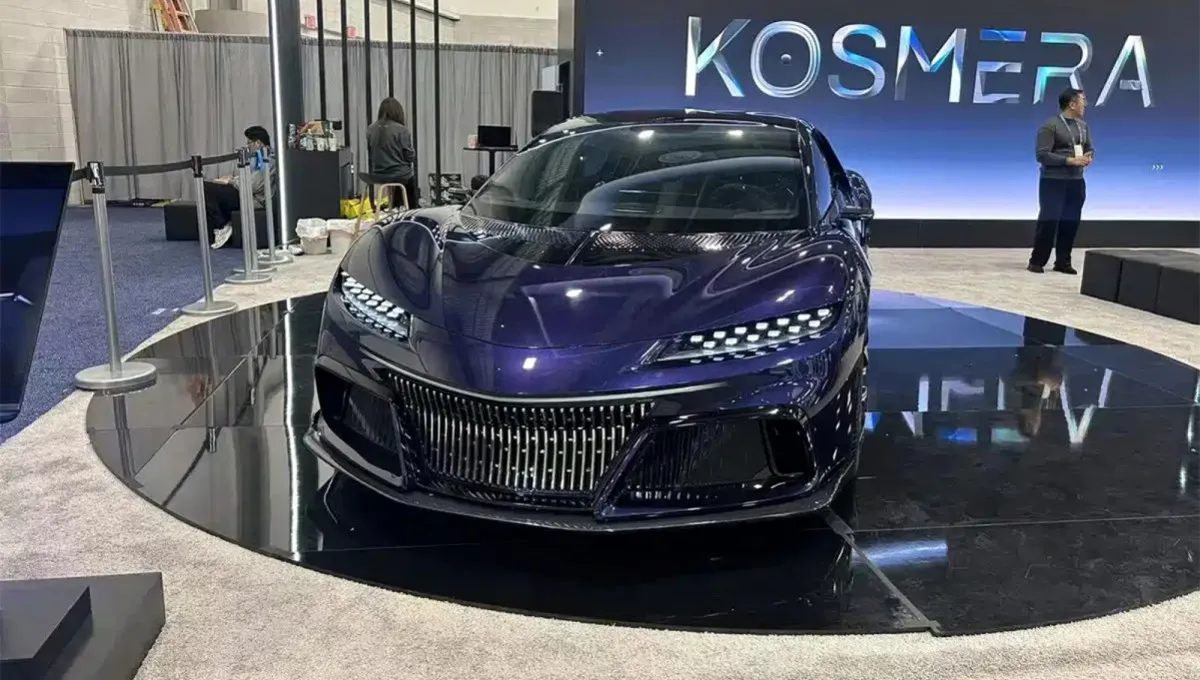
Ten Most Anticipated New Cars of 2026: What We’ll Be Driving
Automakers are planning to roll out a wide range of exciting new models in 2026.
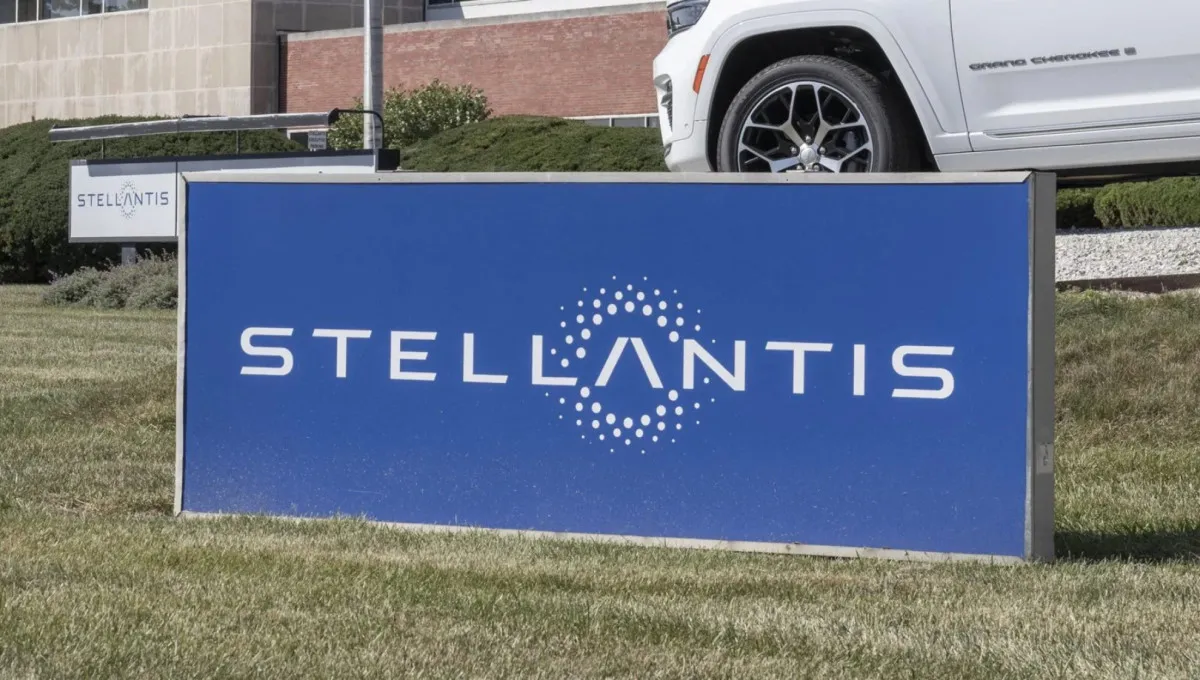
Stellantis Plans to Strengthen Dealer Partnerships to Boost Sales and Market Growth
The move comes amid efforts to restore sales volumes and market share following a dip in North American sales.